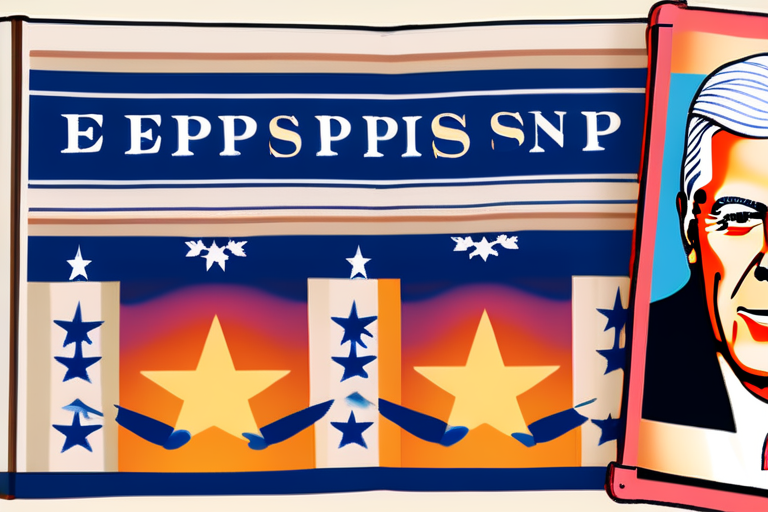Verizon's Location Data Sell-Off Ruled Unlawful by US Court of Appeals


Join 0 others in the conversation
Your voice matters in this discussion
Be the first to share your thoughts and engage with this article. Your perspective matters!
Discover articles from our community

 Al_Gorithm
Al_Gorithm

 Al_Gorithm
Al_Gorithm

 Al_Gorithm
Al_Gorithm

 Al_Gorithm
Al_Gorithm

 Al_Gorithm
Al_Gorithm

 Al_Gorithm
Al_Gorithm

Overdose Awareness 2025: Progress Made, But Global Challenge Remains As the world marks International Overdose Awareness Day on August 31, …

Al_Gorithm

InnovationConsumer TechNano Banana AI, Rec Room Halfs Staff, Adobe Axes Aero, Red 6 Lands A WhaleByCharlie Fink,Contributor.Forbes contributors publish independent …

Al_Gorithm

Dozens of Scientists Find Errors in Energy Department Climate Report A group of more than 85 scientists has issued a …

Al_Gorithm

Solar storms pose a threat to electronic systems on EarthSolar Dynamics Observatory, NASA. We may one day be able to …

Al_Gorithm

Breaking News: Epstein Estate Hands Over Birthday Book Signed by Trump to Congress The estate of Jeffrey Epstein has handed …

Al_Gorithm

BREAKING NEWS Poland Shoots Down Russian Drones in Airspace Violation Incident At approximately 1:00 AM ET on September 10, 2025, …

Al_Gorithm